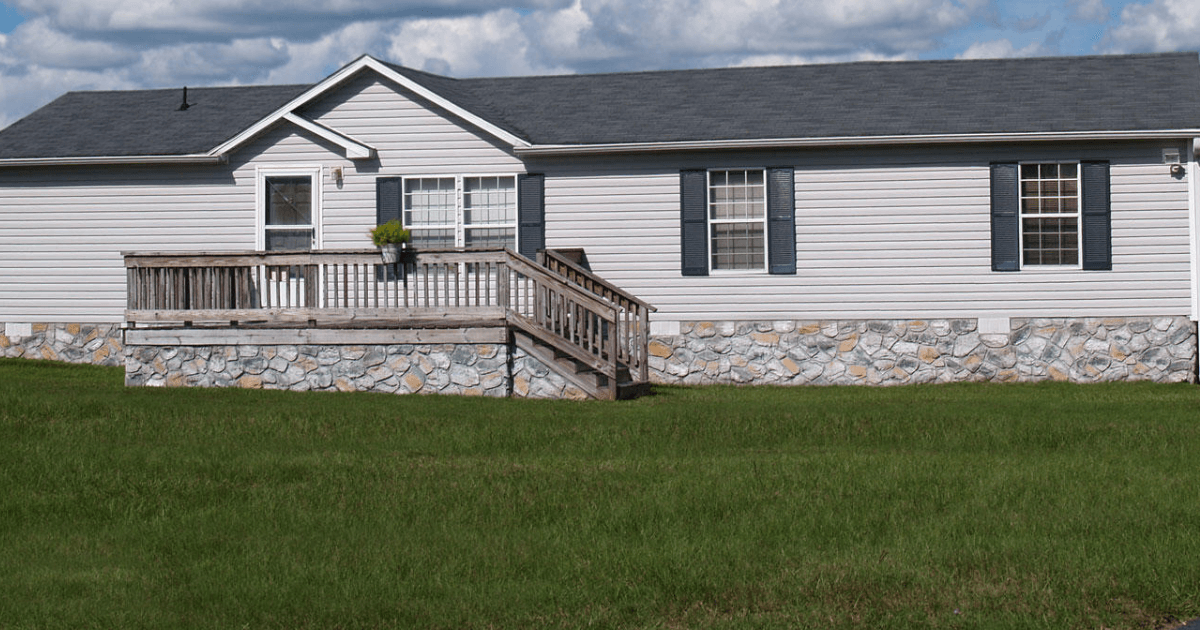
Manufactured housing is the largest form of unsubsidized affordable housing in the U.S. and the only type of housing built to a federal construction and safety standard (the HUD Code) overseen by the Department of Housing and Urban Development (HUD). It is also the most affordable option available for single family homeownership.
Manufactured housing is able to offer affordability and quality to consumers because of technological advancements, cost savings, and efficiencies associated with the factory-built process. This process uses the most innovative and efficient building practices available. The resulting combination of quality, durability, and affordability explain why 22 million people have chosen this housing option.
Our extensive independent research of manufactured housing residents in 2018 shows a high level of satisfaction with the decision to live in a manufactured home. Both renters and owners alike report that they are happy living in their homes, citing affordability and the ability to own their home as key reasons they chose manufactured housing. More than 60% of residents anticipate staying in their homes for more than 10 years, and 38% say they plan to stay in their homes indefinitely.
Manufactured homes serve many housing needs in a wide range of communities, from rural areas where housing alternatives are few and construction labor is scarce or prohibitively expensive, to higher-cost metropolitan areas as in-fill applications. There is great potential for manufactured homes to play an even larger role in helping solve the shortage of affordable housing options in the country. But certain factors stand in the way of manufactured housing achieving its full potential.
The first is improving the supply of mortgage financing for manufactured homes. The Federal Housing Administration’s (FHA) Title I and II programs could serve an important role in financing manufactured homes. However, critically needed updates to these programs have languished for some time. As the need for affordable housing continues to increase, and the industry launches a new class of CrossMod™ homes with features and amenities similar to site-built homes at attractive price points, it is important these updates are quickly implemented. Similarly, Fannie Mae and Freddie Mac need to fulfill their statutory Duty to Serve manufactured housing by purchasing chattel loans, innovating their loan products, and creating a robust secondary market for manufactured home loans.
The second key factor holding back the tremendous promise of today’s manufactured housing is HUD’s regulation of the manufactured housing construction code. The HUD Code provides a uniform and comprehensive set of construction and safety standards for manufactured homes. However, for this to work effectively, HUD must develop and implement a more streamlined process for HUD Code updates so that future revisions proposed by a consensus process at HUD are acted on and implemented on a timely basis. In January, HUD proposed the first comprehensive changes to the HUD Code in nearly a decade. HUD needs to quickly finalize these proposed updates and move forward with additional updates that have been passed by the consensus committee but not yet received HUD consideration. When the HUD Code is not regularly updated, it places an unnecessary burden on manufacturers, making it harder for them to incorporate the latest innovations, technologies, and features that today’s consumers demand.
Local zoning and land planning ordinances can also have a profoundly negative impact on the use of manufactured homes as an affordable homeownership option. MHI has documented countless examples of state and local zoning, planning, and development restrictions across the nation that either severely limit or outright prohibit the placement of a manufactured home. Federal statute establishes the primacy of the HUD Code for manufactured housing construction and safety standards. Localities should not ignore this primacy to find ways to discourage manufactured housing in their community.
Congress and the administration are wrestling with the response to COVID-19 and the affordable housing challenges it has created. As we head into 2021, the challenges of affordable housing will be paramount. It is essential that the debate includes both a robust consideration of manufactured housing as an affordable, high-quality homeownership option and the actions needed to maximize its potential to address our housing challenges.
Dr. Lesli Gooch is CEO of the Manufactured Housing Institute (MHI).

